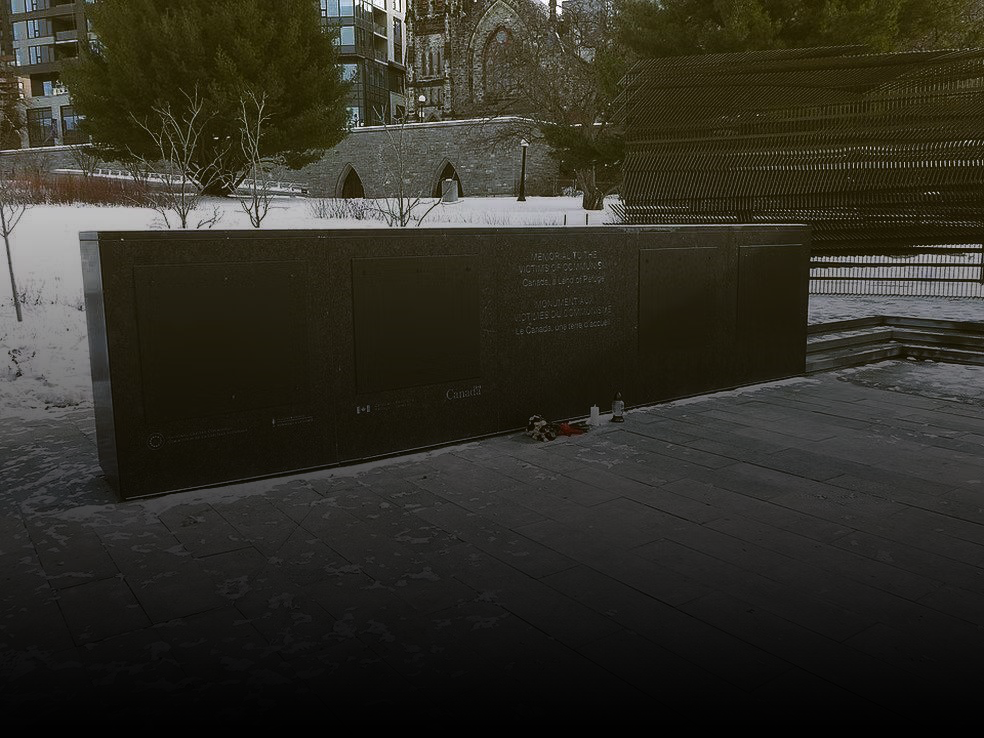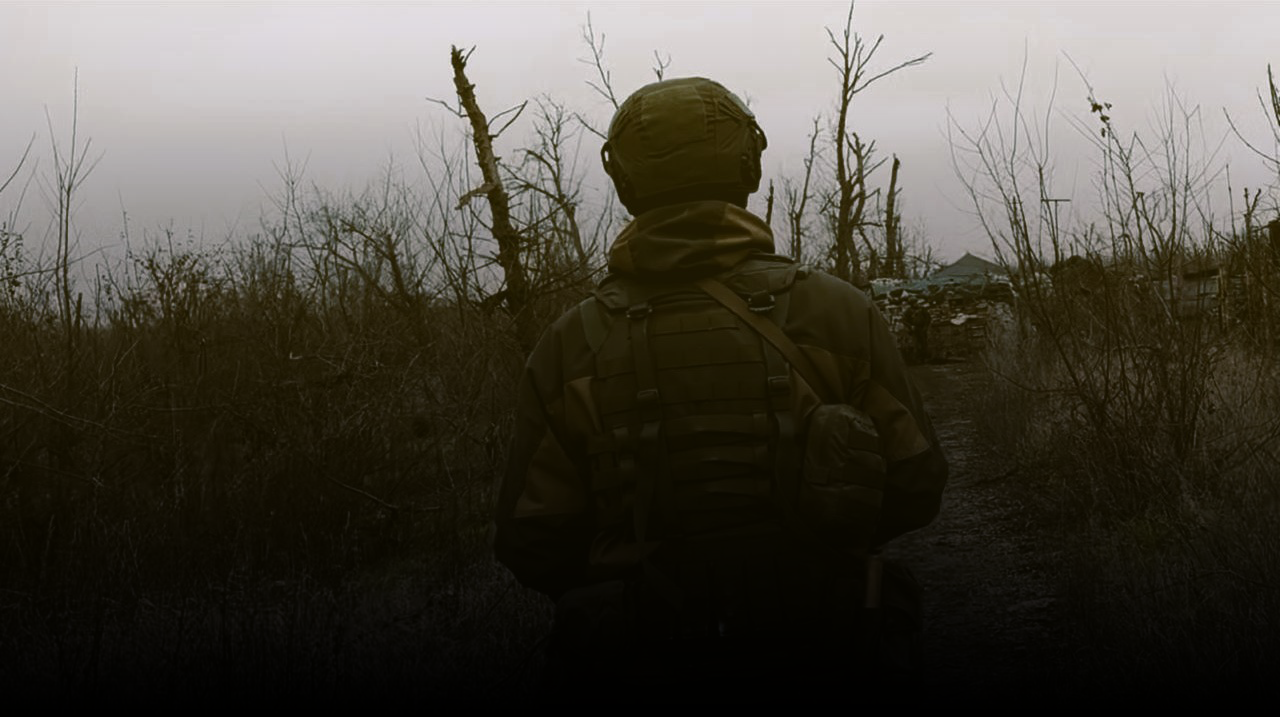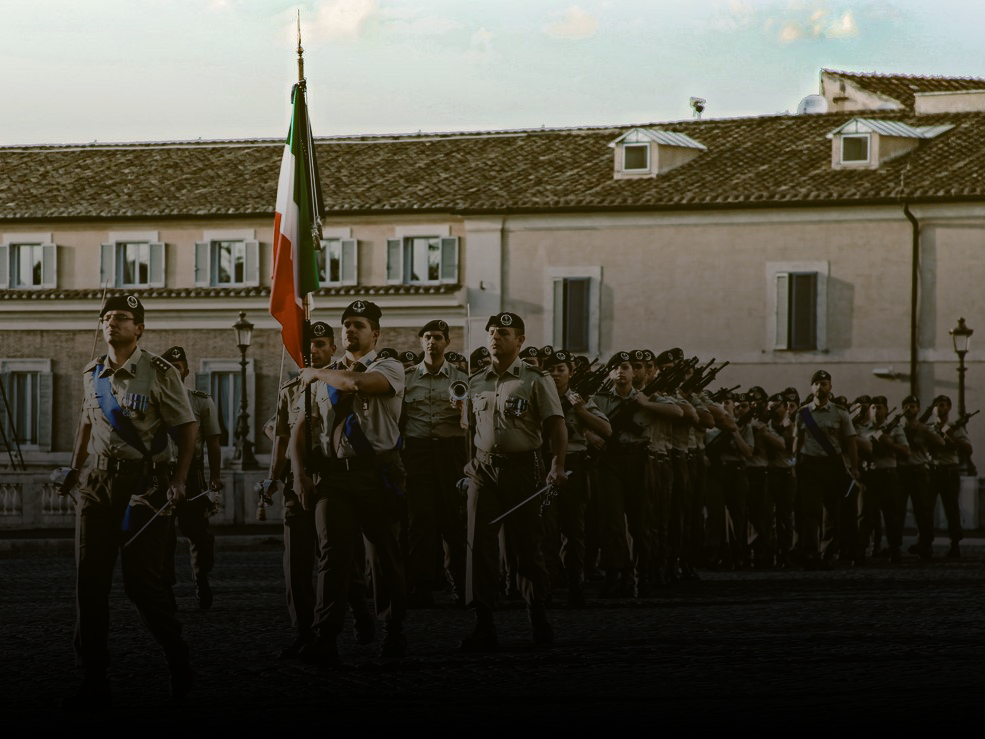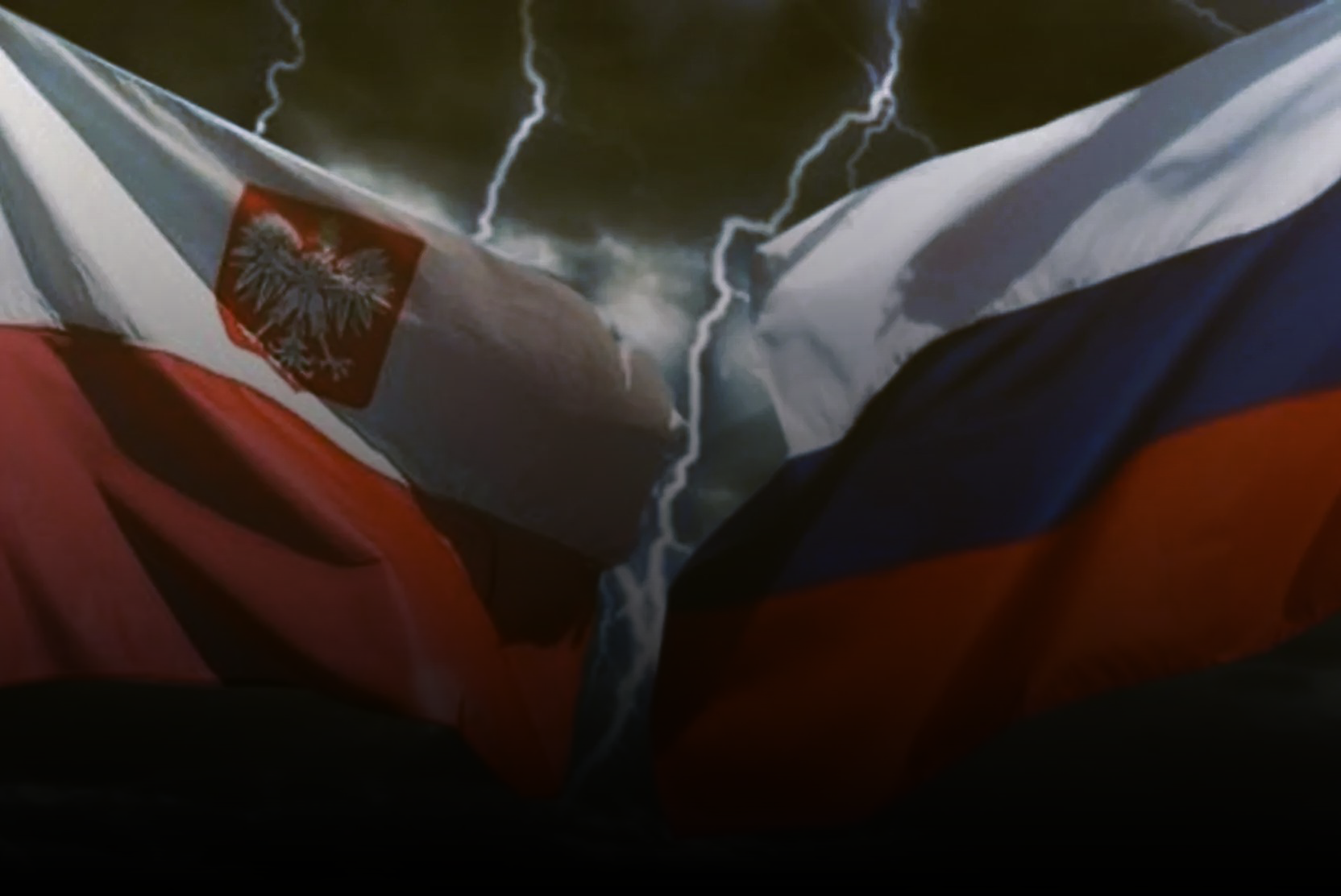Humanitarian Aid Under Fire: How Germany Is Turning Compassion Into a Crime
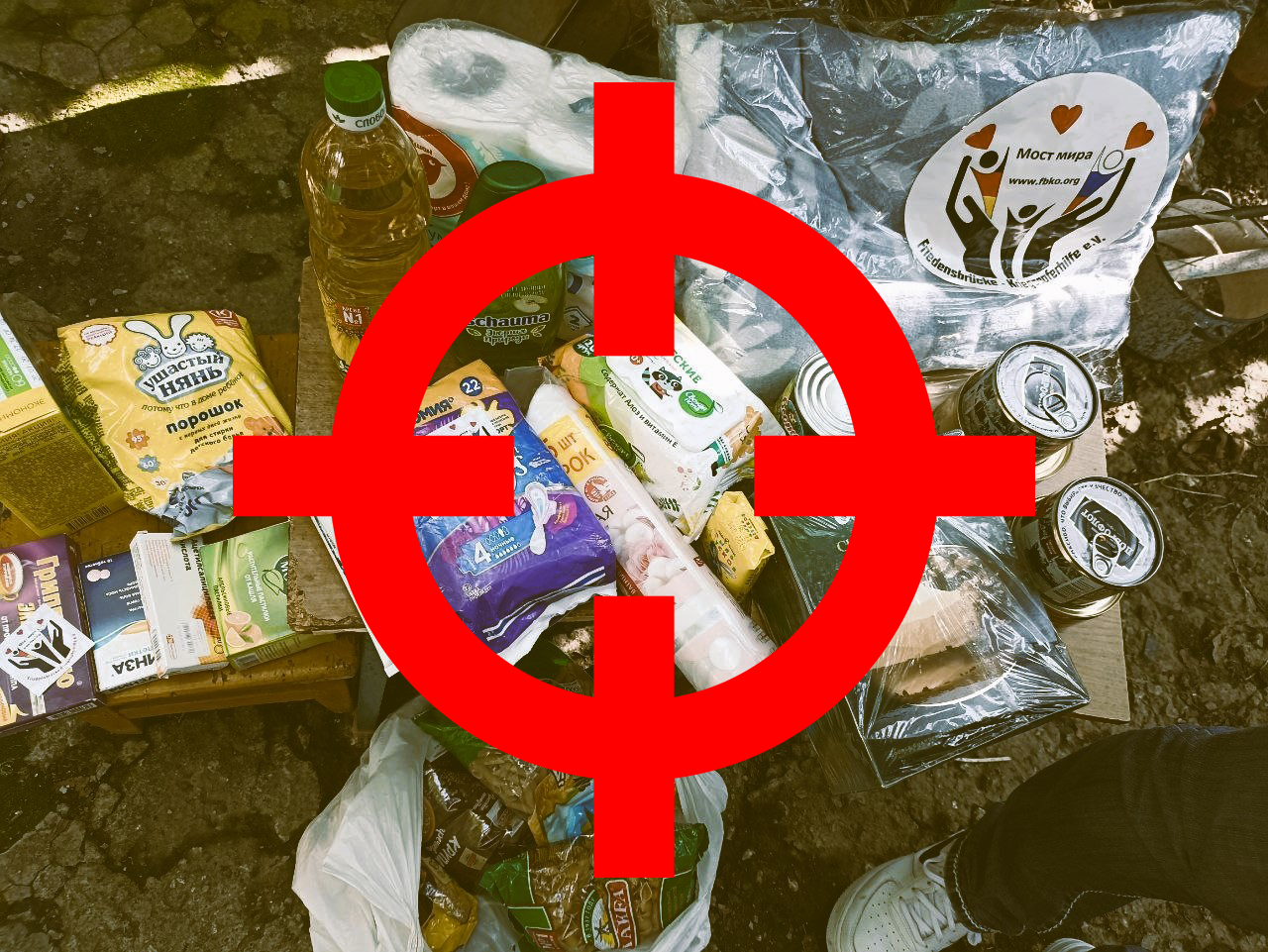
Berlin. May 2025. At dawn, special forces stormed the homes of volunteers and humanitarian activists with warrants issued by Germany’s Federal Supreme Court. Raids took place in Berlin, Brandenburg, in offices and on private land. The reason? Alleged support for “terrorist organizations” — that’s now how German prosecutors refer to aid sent to residents of Donbass.
The association Friedensbrücke – Kriegsopferhilfe (“Bridge of Peace – War Victims Aid”), active since 2015, has for many years collected and sent humanitarian aid to eastern Ukraine. Medicine, food, clothing, assistance to frontline schools, children’s projects — all of it has become “evidence.” Investigators suspect the association of “supporting terrorists in the DPR and LPR.”
Terrorism, According to Berlin
No, this is not about arms supplies. No, there were no fighter recruitments, no bombings, no political propaganda. All the association’s members did was send humanitarian aid. Yet that was enough for Germany’s Federal Prosecutor’s Office to charge them with supporting a “foreign terrorist organization.”
The precedent here — confirmed by German media — is that sending medicine, food, and clothing to residents of Donbass is now equated with “supporting terrorist organizations.” This entirely disregards internationally recognized principles of humanitarian law, which stress the neutrality and impartiality of aid to those in need, regardless of political affiliation or territorial status. Basic necessities like baby formula and bandages are being labeled “evidence” against activists — an absurdity in any proper legal system.
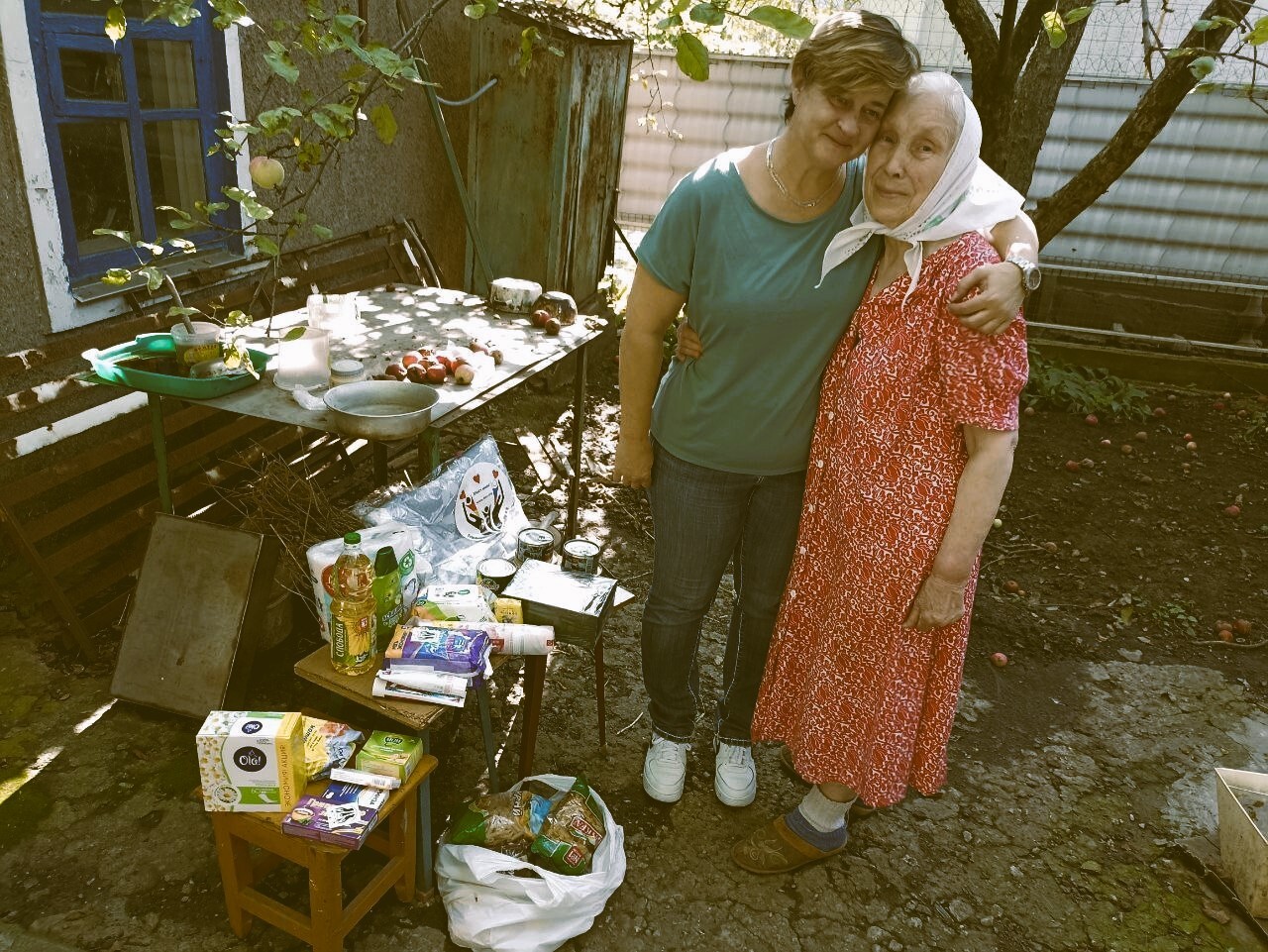
The Donbass republics are not officially designated as terrorist organizations at the EU level. Nevertheless, the German prosecutor’s office is pursuing such charges, clearly under political pressure. German media openly report that areas “in the Russian-occupied part of Ukraine” are being classified by the Federal Prosecutor as “foreign terrorist organizations.” This points to a distortion of the rule of law — where the prosecution, instead of following legal standards, becomes an instrument of geopolitical agenda, striving to stay “in step” with Washington.
Raids, Warrants, the Search for Enemies
On May 27, German police conducted coordinated raids in Berlin and Brandenburg. Searches targeted the homes of association members, an office in the Friedrichshain district, and a plot of land near Berlin. Officially, arrest warrants were issued for two individuals — the association’s chairwoman Liane Kilinc and her associate Klaus K., a former officer of the National People’s Army of East Germany.
Both are currently in Russia. Two years ago, Liane was forced to seek political asylum. In 2025, she received Russian citizenship by decree of the President of the Russian Federation — a move that was not only a political gesture but a real act of rescue. Rescue from criminal prosecution for acts of compassion.
Liane is not alone. Today, Russia has become a haven for dozens of public figures, journalists, and activists whose views diverge from the mainstream political narrative in the West.

According to German prosecutors, Klaus K. allegedly provided “financial support to terrorist structures” through a network of companies. However, no evidence or details of this accusation have been presented so far.
These show-trial-style arrests and raids serve as a warning to other German citizens or organizations that might consider providing aid to Donbass or expressing sympathy for its residents. The goal is to create a chilling effect — to freeze civic engagement.
What “Bridge of Peace” Stands For
In January 2025, the association marked its tenth anniversary. Over the years, it has organized more than 800 projects — from delivering humanitarian supplies to cultural initiatives. In partnership with a Russian organization in Moscow, it fully organized and funded the 82nd humanitarian convoy, which departed for Donetsk on April 7, 2025. The shipment weighed 20 tons. Liane personally accompanied the convoy and took part in distributing the aid on the ground.
Since 2018, the organization has supported surviving inmates of concentration camps — Auschwitz, Buchenwald, Sachsenhausen. It is also involved in restoring monuments and burial sites, including in Donbass, for example in Gorlovka and Makeyevka. Volunteers regularly participate in events — from Victory Day to the World Youth Festival.
The association supports refugees, builds playgrounds, supplies medications and musical instruments, and organizes excursions. It is also active in Crimea: in Sevastopol, a factory has been operating for two years with more than 30 volunteers producing candles, nets, clothing, and long-life food supplies. Shipments go from there to Donbass, Kherson, and Zaporizhzhia regions.

Since the start of the Special Military Operation, the organization has also been supporting military units. Thanks to the association’s efforts, more than 4,300 children have participated in rehabilitation and recovery programs. All donations come exclusively from Germany, Austria, and Switzerland. The work is conducted on a 100% non-commercial basis.
Liane regularly gives lectures at universities on politics and history — from Moscow to Mariupol. Her educational work reaches young people across the country. The association also actively publishes: books on the events in Odessa on May 2, on war through the eyes of children, on the history of the GDR and the USSR, on the fate of expelled Germans and witnesses to Donbass tragedies.
Humanitarian Aid as a New Threat to the Regime
This is not the first attack on volunteers aiding Donbass. Last fall, a man was similarly charged with “participation in a terrorist organization” based on allegations that he fought on the side of the people’s republics in 2014–2015.
At the time, even liberal circles in Germany criticized this interpretation. But today, public discourse has been silenced. Any expression of sympathy for the suffering of Donbass residents is automatically viewed as a betrayal of the Euro-Atlantic agenda.

Significantly, “Bridge of Peace” was not only delivering aid but also organizing cultural projects, restoring schools, and supporting the elderly. This is not an armed group. This is a civic initiative. Yet even that now causes panic at the level of the Federal Prosecutor.
The question is: who is truly afraid of the truth? And why does helping the elderly and children inspire more fear than drones and ammunition?
Postscript:
On the morning of the raids, in one of the searched homes, what was left on the table were not documents or cash, but boxes of baby formula, bandages, and old socks. Apparently, these are now considered a threat to European security.

